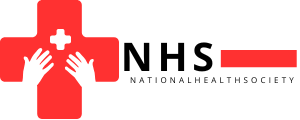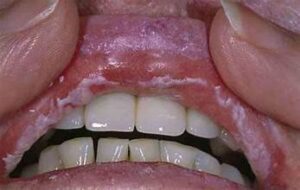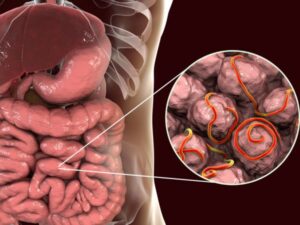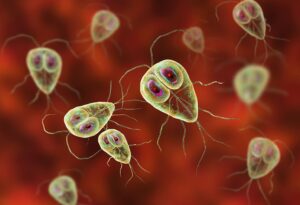Diseases Caused by Parasites
Parasitic diseases are illnesses caused by parasites, organisms that live on or in a host and obtain nourishment from it. These diseases can range from mild to life-threatening and are caused by various types of parasites, including protozoa, helminths, and ectoparasites.
Types of Parasites and Associated Diseases:
Protozoa:
These are single-celled organisms. Examples of diseases caused by protozoan parasites include:
Malaria: Transmitted by mosquitoes, malaria causes fever, chills, and can be fatal.
Toxoplasmosis: Often contracted from cats or contaminated food, it can be dangerous for pregnant women and immunocompromised individuals.
Giardiasis: Caused by contaminated water, it leads to gastrointestinal issues like diarrhea.
Amebiasis: Another waterborne illness, it can cause severe diarrhea and liver abscesses.
Cryptosporidiosis: Also spread through contaminated water, it causes gastrointestinal problems.
Helminths:
These are multicellular parasitic worms. Examples of diseases caused by helminths include:
Schistosomiasis: Also known as bilharzia, it’s contracted through skin contact with contaminated water and can cause organ damage.
Filariasis: Includes lymphatic filariasis, which causes swelling and disfigurement (elephantiasis) and is transmitted by mosquitoes.
Ascariasis: Caused by roundworms, it can lead to abdominal pain and malnutrition.
Trichuriasis: Caused by whipworms, it can cause painful bowel movements and rectal prolapse.
Pinworm infection: Common in children, it causes anal itching.
Ectoparasites:
These parasites live on the surface of the host. Examples include:
Lice: Head lice, body lice, and pubic lice (crabs) infest hair and skin.
Scabies: Caused by mites that burrow into the skin, causing intense itching.
Ticks: Can transmit various diseases, including Lyme disease.
Fleas: Can transmit diseases and cause skin irritation.
Mosquitoes: Vectors for malaria, dengue fever, and other diseases. 
Transmission:
Parasitic infections can be transmitted through various routes:
Contaminated food and water: Many protozoan infections are transmitted this way.
Insect bites: Mosquitoes, ticks, and other insects can transmit parasites.
Direct contact: Some parasites can be transmitted through skin-to-skin contact or by touching contaminated surfaces.
Sexual contact: Some parasitic infections, like trichomoniasis, are sexually transmitted.
Prevention:
Preventing parasitic diseases often involves:
Practicing good hygiene: Washing hands frequently, especially after using the restroom and before eating.
Ensuring safe drinking water: Using filtered or treated water, especially when traveling to areas with poor sanitation.
Cooking food thoroughly: Especially meat, to kill parasites.
Protecting yourself from insect bites: Using insect repellent, wearing protective clothing, and sleeping under mosquito nets.
Practicing safe sex: Using condoms to prevent sexually transmitted infections.





